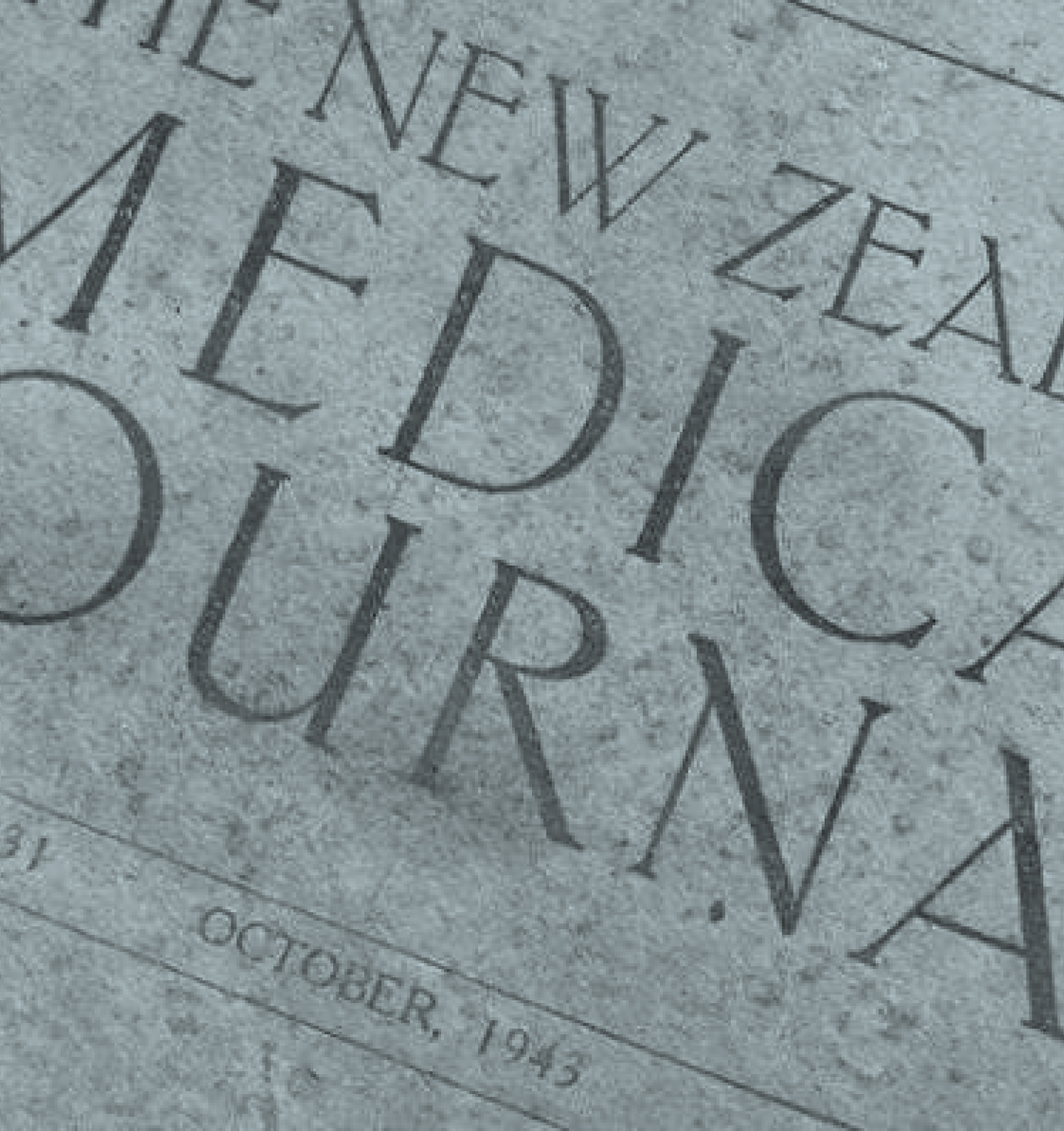LETTER
Vol. 125 No. 1353 |
Crimes Amendment Act (3) 2011
Full article available to subscribers
Changes to the Crimes Act 1961 ("the Act") came into effect on 19 March 2012. The changes are intended to protect children and vulnerable adults from assault, neglect and ill-treatment by creating liability for not only those people who are actively involved in the mistreatment, but also those who have frequent contact with the child or vulnerable adult and fail to take reasonable steps to protect them from mistreatment by others in certain circumstances.1The changes should be viewed as a reminder that health providers have a broad responsibility in the face of known risk to children or vulnerable adults.A newly amended s 151 of the Act holds that:Everyone who has actual care or charge of a person who is a vulnerable adult and who is unable to provide himself or herself with necessaries is under a legal duty: (a) to provide that person with necessaries; and (b) to take reasonable steps to protect that person from injury. A vulnerable adult is defined as "a person unable, by reason of detention, age, sickness, mental impairment or any other cause to withdraw himself or herself from the care or charge of another person".2Section 151 of the Act is likely to apply to family members, hospital staff, community nursing staff, rest homes and mental health providers, who have actual care or charge of a vulnerable adult. Criminal liability could now attach to improper discharge planning for example, if it led to a vulnerable adult being injured as a result. However criminal responsibility only arises if the omission or neglect is a major departure from the standard of care expected of a reasonable person to whom that legal duty applies in those circumstances.3Section 152 of the Act now places a duty on parents or a person in place of a parent "who has actual care or charge of a child" under the age of 18 years to provide necessaries and to take reasonable steps to protect the child from injury. The significant changes are the introduction of a duty to take reasonable steps to protect from injury, the extension of the duty to children under 18 years, and the addition of the words "who has actual care or charge of a child" (which could arguably extend the group of people who could be liable for failing to protect children).An amended section 195 also extends the offence of cruelty to a child to a new offence of cruelty to a vulnerable adult. This section could apply to a health provider who intentionally engages in conduct or omits to discharge or perform any legal duty that then causes suffering, injury or adverse effects to health or mental disorder, and which is a major departure from expected standards.There is also a new section 195A, which creates a new offence of failing to protect a child or vulnerable adult who is at risk of death or grievous bodily harm or sexual assault as a consequence of an act or omission of a duty of care by another. This section requires a person who knows about the risk of violent or sexual offending or gross negligence, to bring the matter to the attention of the police or a person of authority if the person is: A member of the same household or a staff member of a hospital, institution or residence where the child or vulnerable adult resides; and Has frequent contact with the child or vulnerable adult; and Has knowledge of the risk. Whilst it is unclear how broadly or restrictively this section will be interpreted it could have an impact on health providers who have frequent contact with children or vulnerable adults. They now face potential criminally liability in some circumstances if they fail to take reasonable steps to protect a victim when they know there is risk of death, grievous bodily harm or sexual assault.What does this all mean in a practical sense?Health care workers must take steps to protect vulnerable adults where there is knowledge of a risk that the patient is being discharged into a violent or unsafe environment. Applications for personal orders can be made to the Family Court or concerns reported to the Police. Failure to take these steps could potentially impose liability under section 151 or 195. Before disclosing information about a patient to a third party however, it may be appropriate to seek medico-legal advice. In the case of a vulnerable child the appropriate step would be to report concerns to the Child Youth and Family ServiceHealth providers take steps to protect their patients by informing relevant authorities usually because they feel it is their ethical obligation to do so. The Crimes Act amendments now also clearly make it their legal duty to do so. Hiranthi Abeygoonesekera Chief Legal Counsel Capital & Coast District Health Board Dr Brendon Gray Head of Medical Services (New Zealand) Medical Protection Society Margaret Barnett-Davidson Lawyer New Zealand Nurses Organisation
Authors
Hiranthi Abeygoonesekera, Chief Legal Counsel, Capital & Coast District Health Board, Dr Brendon Gray, Head of Medical Services (New Zealand), Medical Protection Society, Margaret Barnett-Davidson, Lawyer, New Zealand Nurses OrganisationCorrespondence
